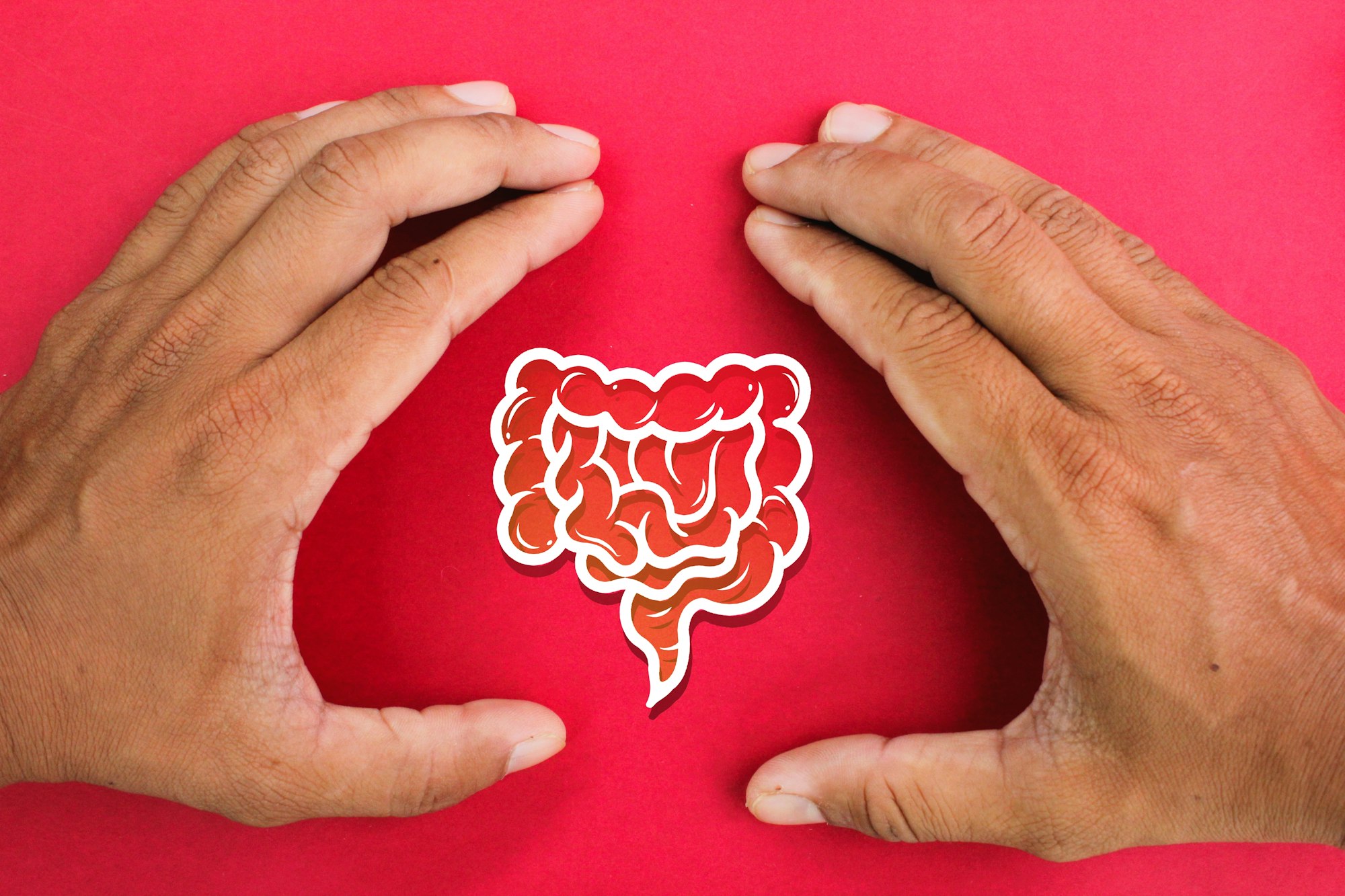In recent years, the phrase “gut health” has become a buzzword in health and wellness circles. But what exactly does it mean, and why is it so important? The gut, often referred to as the “second brain,” plays a crucial role in our overall health and well-being. From digestion to immune function and even mental health, the gut influences various bodily systems. In this article, we’ll dive into the basics of gut health, the factors that affect it, and practical tips for nurturing a healthy gut.
1. What is Gut Health?
1.1 The Gut Microbiome
At the core of gut health is the gut microbiome—a diverse community of trillions of microorganisms, including bacteria, viruses, fungi, and yeasts, that reside in our digestive tract. These microorganisms play a vital role in breaking down food, producing essential nutrients, and regulating various bodily functions. A balanced microbiome contributes to optimal digestion, metabolism, and overall health.
1.2 The Gut-Brain Connection
The gut and brain are closely linked through a communication network known as the gut-brain axis. This connection allows the gut to send signals to the brain and vice versa. Research has shown that gut health can significantly impact mental health, influencing mood, anxiety levels, and cognitive function. For example, certain gut bacteria produce neurotransmitters like serotonin, which plays a key role in regulating mood.
2. Factors Affecting Gut Health
2.1 Diet
What you eat has a profound impact on your gut health. A diet rich in fiber, fruits, vegetables, and fermented foods promotes a diverse and balanced microbiome. On the other hand, a diet high in processed foods, sugars, and unhealthy fats can lead to imbalances in gut bacteria, negatively affecting overall health.
2.2 Lifestyle Choices
Lifestyle factors also play a significant role in gut health. Lack of sleep, chronic stress, and sedentary behavior can disrupt the gut microbiome and contribute to digestive issues. Making conscious choices to prioritize physical activity, manage stress, and get adequate rest can support a healthy gut.
2.3 Antibiotic Use
While antibiotics can be lifesaving, they can also disrupt the delicate balance of gut bacteria. Antibiotics kill both harmful and beneficial bacteria, potentially leading to gastrointestinal issues and an imbalance in the microbiome. It’s essential to use antibiotics only when necessary and consult with a healthcare professional about restoring gut health afterward.
3. Signs of an Unhealthy Gut
3.1 Digestive Issues
Common signs of gut health issues include bloating, gas, diarrhea, constipation, and heartburn. If you frequently experience these symptoms, it may indicate an imbalance in your gut microbiome or food intolerances.
3.2 Fatigue and Sleep Problems
An unhealthy gut can impact your energy levels and sleep quality. If you often feel fatigued or struggle with insomnia, it may be worth evaluating your gut health.
3.3 Skin Conditions
Conditions like eczema, acne, and psoriasis may be linked to gut health. Inflammation in the gut can manifest in various ways, including skin flare-ups. Nurturing your gut can lead to improvements in skin health.
3.4 Autoimmune Conditions
There’s growing evidence that an unhealthy gut may contribute to autoimmune conditions. When the gut barrier is compromised, it can lead to increased permeability, allowing toxins and undigested food particles to enter the bloodstream and trigger immune responses.
4. Tips for Supporting Gut Health
4.1 Eat a Diverse Diet
To promote a healthy gut microbiome, aim for a varied diet rich in different foods. Include a variety of fruits, vegetables, whole grains, legumes, nuts, seeds, and lean proteins. This diversity provides the nutrients and fiber necessary to support various beneficial gut bacteria.
4.2 Incorporate Fermented Foods
Fermented foods are excellent sources of probiotics—live beneficial bacteria that can enhance gut health. Consider incorporating foods like yogurt, kefir, sauerkraut, kimchi, and kombucha into your diet. These foods can help replenish the gut with healthy bacteria.
4.3 Prioritize Fiber Intake
Fiber is essential for maintaining a healthy gut. It acts as food for beneficial gut bacteria, promoting their growth and activity. Aim to consume plenty of fiber-rich foods, such as whole grains, fruits, vegetables, and legumes, to support gut health.
4.4 Stay Hydrated
Proper hydration is vital for digestion and overall gut health. Drinking enough water helps maintain the mucosal lining of the intestines and supports the movement of food through the digestive tract. Aim for at least eight 8-ounce glasses of water daily, adjusting based on your activity level and climate.
4.5 Manage Stress
As mentioned earlier, stress can negatively impact gut health. Incorporating stress management techniques, such as mindfulness, meditation, yoga, and deep breathing exercises, can help support a healthy gut. Taking time for self-care and relaxation is essential for maintaining balance.
4.6 Limit Processed Foods and Sugar
Minimize your intake of processed foods and added sugars, as these can promote the growth of harmful bacteria in the gut. Focus on whole, nutrient-dense foods to support a balanced microbiome.
5. Conclusion
Gut health is a crucial component of overall well-being, impacting everything from digestion to mental health. By understanding the connection between your gut and health and adopting healthy lifestyle choices, you can support a thriving gut microbiome. Remember that small, consistent changes can lead to significant improvements over time. Prioritize your gut health, and you’ll likely experience a positive ripple effect on your physical and mental well-being. Cheers to a happy, healthy gut!







